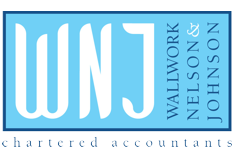Business confidence rises but the situation remains “fragile”
For the first time in a year business confidence in the UK has returned to positive territory, according to the latest Institute of Chartered Accountants in England and Wales (ICAEW) quarterly survey.
But the situation still remains “fragile” amid the ongoing economic volatility. Firms remain concerned over future sales, high inflation and rising interest rates, according to the organisation’s Business Confidence Monitor (BCM).
Confidence in the first quarter of 2023 rose to 2.5, up from -23.4 in the previous quarter, but still sits below the historic average of 4.9 for this time of the year, according to the survey.
Businesses expect input price inflation to soften in the year ahead, the BCM found, following four consecutive quarters of record increases that peaked in this quarter.
Selling-price inflation hit another record high in the first quarter but is also expected to ease in the year ahead to its lowest level since Q1 2022, as concerns grow over customer demand. Firms also expect salary growth to stabilise over the next 12 months.
One in five companies said they were increasingly troubled by the lack of availability of management skills, while one in three cited issues with the availability of non-management skills. Staff turnover was a problem for a third of businesses.
Meanwhile, domestic sales growth slowed to its lowest level since Q3 2021, with a further easing expected in the year ahead.
Exports rose at a slightly slower rate than domestic sales, with the rate of growth stable across recent quarters and unlikely to slow in the year ahead, possibly due to a weaker exchange rate.
As profits and domestic sales growth slowed, capital investment rose by 2.4 per cent, down from the 3.4 per cent rise a year ago.
And looking ahead the survey revealed businesses plan an increase of just 1.8 per cent, which would be among the slowest rises in a decade, excluding the declines during the pandemic.
Michael Izza, ICAEW chief executive, says that after an uncertain year it is encouraging to see business confidence return to positive territory. However, he warns that there is still plenty for companies to be cautious about as they grapple with high inflation, rising interest rates and slowing sales.
He says: “While financial and economic challenges have eased slightly, they are still having an impact on specific sectors. Customer demand, meanwhile, remains a big problem for businesses across the board.”
Construction and property companies were the least optimistic, with negative readings on the index. Organisations in these sectors were also most likely to be impacted by financial challenges, including rising interest rates and limited access to capital.
The construction sector was particularly hard-hit, reporting the most widespread problems with customer demand.
However, confidence across all other sectors returned to positive territory, with businesses in manufacturing and engineering, and energy, water and mining being the most confident.
One of the greatest challenges facing businesses was customer demand, amid the continued cost-of-living squeeze. ICAEW believes an “ambitious plan” from government is needed to build on the optimism and boost business confidence.
Michael Izza adds: “With confidence still fragile, the government must fix the fundamental problems with the economy with a plan to deliver long-term economic growth by injecting resilience and stability into the UK.”
• To discuss any of the issues raised in this report and the impact they may be having on your business please contact me on 01772 430000




